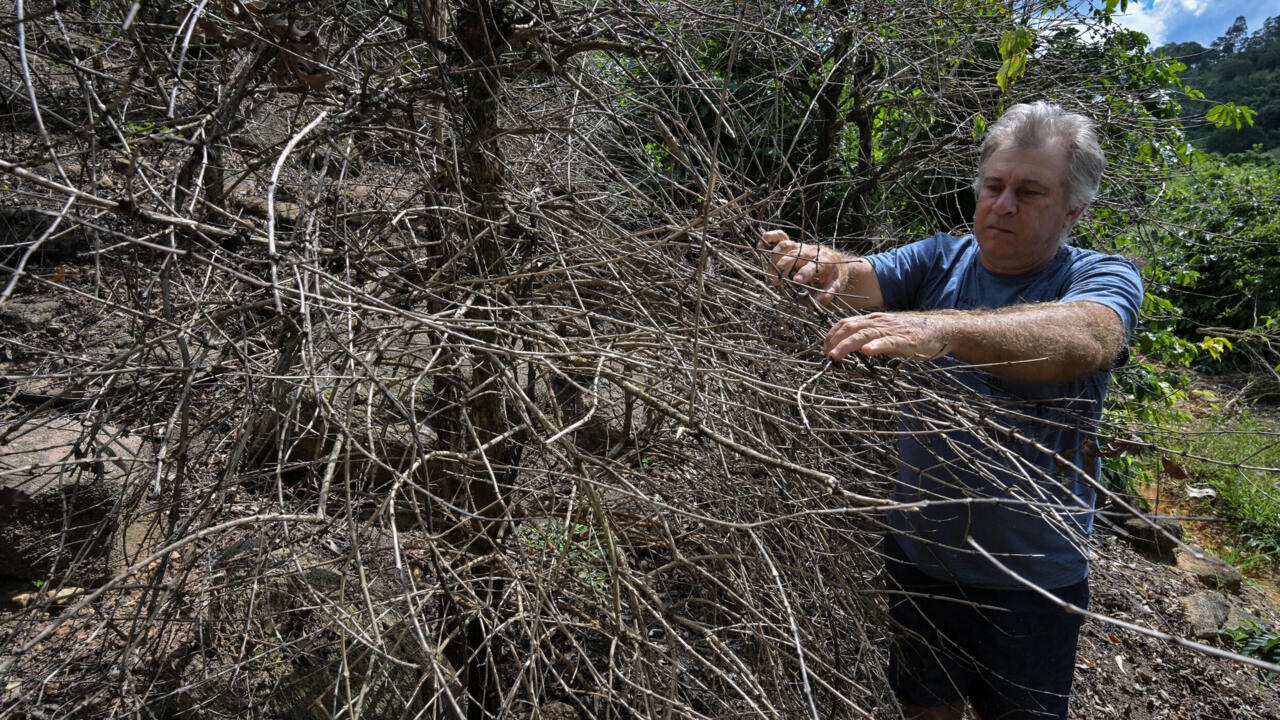Coffee prices are expected to rise further in Brazil, the world’s largest producer and exporter of this commodity, after hundreds of farms in São Paulo state, southeastern Brazil, were hit by massive fires. The city of Caconde, renowned for being the largest coffee producer in the region, suffered the most from what has been described as the worst fires in its history.
The fires were initially sparked by a resident burning a pile of trash. However, their widespread and uncontrollable nature was mainly due to the severe drought Brazil has experienced in recent years, according to news reports. Data shows that the country has faced five consecutive years of drought, significantly impacting coffee blossoms and reducing their productivity.
2024: A Year of Record Heat and Devastating Fires
The year 2024 recorded unprecedented temperatures in Brazil, with the number of forest fires reaching its highest in 14 years. Experts attribute the exacerbation of these fires to extreme weather conditions linked to climate change, with human activities playing a major role in igniting them.
Brazil accounts for more than one-third of the world’s coffee production, making any decline in its output a critical factor for global prices. Indeed, Arabica coffee prices surged by 90% over the past year, reaching a record $3.48 per pound in December.
Climate Challenges and the Search for New Solutions
Experts, such as Brazilian coffee consultant Guy Carvalho, note that the industry has been facing unprecedented challenges since the last major harvest in 2020, including drought, rising temperatures, and geopolitical issues like new European regulations related to deforestation.
Despite these challenges, farmers are striving to adapt to climate change through innovative agricultural methods, such as cultivating coffee under the shade of trees, a practice reminiscent of traditional methods in Africa. This approach not only protects the plants from heat but also enhances the quality of the beans, allowing them to ripen more slowly, which increases their size, sweetness, and market value.
